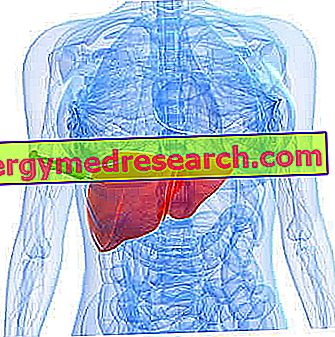Related articles: Tourette syndrome
Definition
Tourette syndrome is an inherited neurological disorder characterized by motor and sound tics.
Onset occurs during childhood and, in most cases, symptoms tend to decrease during adolescence.
The cause of Tourette syndrome is still unknown, although genetic predisposition and some environmental factors are likely to play a fundamental role in the disease.
The course of Tourette's syndrome is characterized by an alternation of periods of relative deterioration and improvement of symptoms.
Tourette syndrome often involves fatigue and tension, and can be disabling from a psychological and social point of view.
Most common symptoms and signs *
- Aggression
- coprolalia
- Depression
- Learning difficulties
- Difficulty concentrating
- Language difficulties
- Tardive dyskinesia
- Mood disorders
- ecolalia
- Nervousness
- Tic
Further indications
In the early stages, sudden, transient and simple motor disorders appear, such as facial grimaces, head shocks and winks. These manifestations can evolve into multiple and complex tics.
Unlike other movement disorders (eg, chorea and myoclonus), Tourette syndrome tics are arrhythmic and can be suppressed voluntarily for seconds or minutes. Furthermore, they are often preceded by a premonitory impulse, similar to the need to sneeze.
Vocal tics can begin with rumbling, grunting, sneezing and coughing and can turn into high-pitched sounds and curses, often shouted with violence. In some patients, echolalia is present (immediate repetition of words or phrases of other people) and coprolalia (involuntary expression of offensive, dirty or obscene words).
Furthermore, at Tourette's syndrome, a spectrum of psychiatric and behavioral disorders of varying degrees, such as attention deficit hyperactivity disorder (ADHD), anxiety, depression and problems in learning are often associated. The symptoms of Tourette's syndrome can be aggravated in a state of stress, fatigue or strong emotion.
Usually, no treatment is needed, as most tics tend to disappear spontaneously. However, if Tourette syndrome significantly interferes with the child's activities, neuroleptic drugs may be prescribed.



